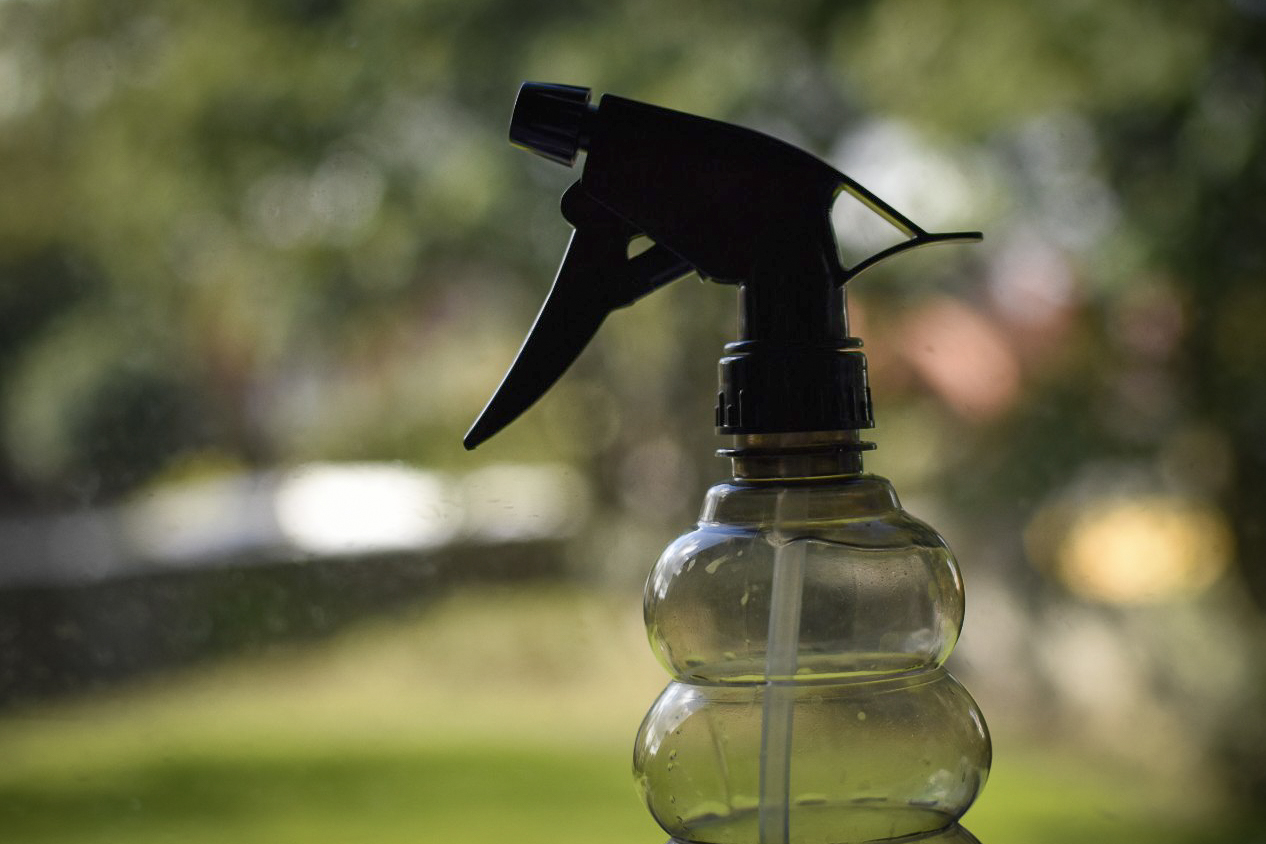Posted by Chieftain Trees ● Sep 26, 2020 1:06:31 PM
Every night I clean the surfaces in the kitchen, wiping away the signs of the meals prepared throughout the day. Due to the frequency of this task and the likelihood that whatever I clean with will get into my food at some point, I want to use natural cleaning products.
If you're of the same mindset it's likely that you're already aware of the big brands ecover and Method. Lets explore if these are actually eco friendly products and if there are better alternatives.
The big picture
As a previous user of both Method and Ecover I decided to dig a bit deeper, explore how kind they were to the environment and if there were better alternatives. The first thing that shocked me was that they are owned by the same company, with Method being the US wing and Ecover being the European.
I decided to dig a bit deeper to get a better view of the big picture:
- Both Ecover and Method market themselves as cruelty free. Their parent company, SC Johnson openly admits to testing on animals during the development of its household products.
- In 2014, Ecover announced a switch from palm oil to using a synthetic alternative. In response to this announcement 17 groups wrote an open letter challenging the safety of the move to the unregulated field of synthetic biology. They have since put their plans on hold.
- Don't be fooled by the labels 'natural' or 'plant based'. Despite these labels the method all purpose cleaner is rated F by the EWG, which is worse than a competitor product with bleach which rated D.
While this information is disheartening, the big picture is actually more complex. When considering consumer products we need to take into account the full supply chain and multiple variables. Some of the most important considerations here are petroleum in the supply chain and bleach in the product. While the waste water might go through a treatment facility, non-biodegradable chemicals such as bleach persist as toxins when they break down.
Consider the following factors if buying a cleaner:
- Recyclable packaging and bottles
- Packaging and bottles sourced from recycled materials
- Refills available
- Allergens
- Tested on animals
- Derived from crude oil/petrochemicals
- All naturally derived ingredients
- Supply chain regularly reviewed
Make your own
A lot of daily cleaning supplies can be replaced by home made, eco-friendly and sustainable alternatives:- All-purpose cleaner: 1 cup vinegar, 2 cups water and ½ a lemon.
- Window cleaner: Put 3 tablespoons vinegar and 3 litres water in a spray bottle.
- Toilet cleaner: Pour 1 cup of borax substitute into the toilet before going to bed. In the morning, scrub and flush. For an extra-strength cleaner, add 1/4 cup vinegar to the borax substitute.
- Oven cleaner: 1 cup baking soda and 1/4 cup of washing soda, add water to make a paste and apply to oven surfaces overnight. The next morning lift the paste and rinse surfaces.
- Disinfect surfaces naturally by mixing two parts water to one part vinegar or lemon juice.
Watch out for Greenwashing
Some products such as dish washing tablets and clothes washing liquid are hard to replace with home made alternatives. Greenwashing is the practice of making false or deceptive claims about a product or policy which suggest it is better for the environment than it actually is. Do your research and don't fall for marketing spin.
In this case we recommend being as environmentally friendly as possible and looking to more local eco-friendly household cleaning brands such as those at bio-d based in the UK.
Our recommendation
Ultimately, no product is 100% environmentally friendly or sustainable but you can make changes to reduce your impact dramatically. There are products that can't be replicated at home, in these cases do your research and find those that are kinder to the environment.
keep it simple where possible, where you can make alternatives yourself. You can meet most of your daily needs for cleaning product ingredients at home with only water, lemon, vinegar and a spray bottle.
Let us know how you get on, any tips or alternatives in the comments. For more tips on how to live a sustainable and eco-friendly daily life check out our guide on small changes that add up.
Topics: Sustainability
